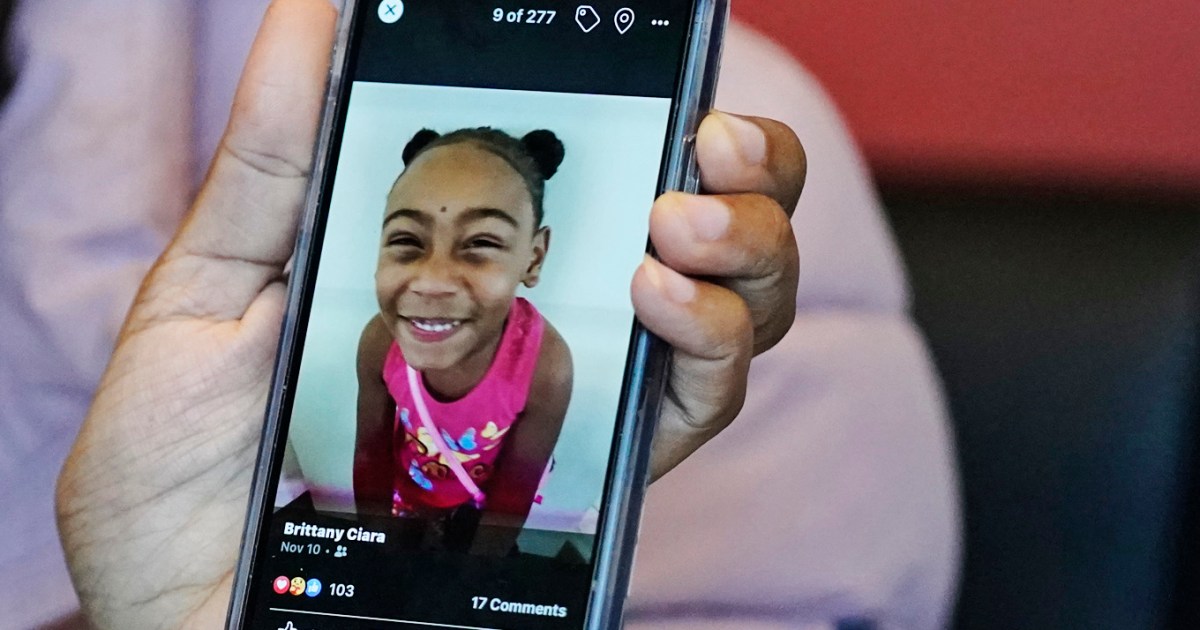Mr. Johnson
Member
- Mar 25, 2022
- 34
- 8
AB,
Legally, there is a difference between a migrant and a refugee. Migrants choose to leave their country but refugees have no choice because of threat of harm. The laws that you are citing apply only to migrants. For refugees that are also asylum seekers there are no limits in numbers that can be accepted under US law.
Read this article https://www.alllaw.com/articles/nolo/us-immigration/how-many-people-can-get-asylum.html
Legally, there is a difference between a migrant and a refugee. Migrants choose to leave their country but refugees have no choice because of threat of harm. The laws that you are citing apply only to migrants. For refugees that are also asylum seekers there are no limits in numbers that can be accepted under US law.
Read this article https://www.alllaw.com/articles/nolo/us-immigration/how-many-people-can-get-asylum.html


